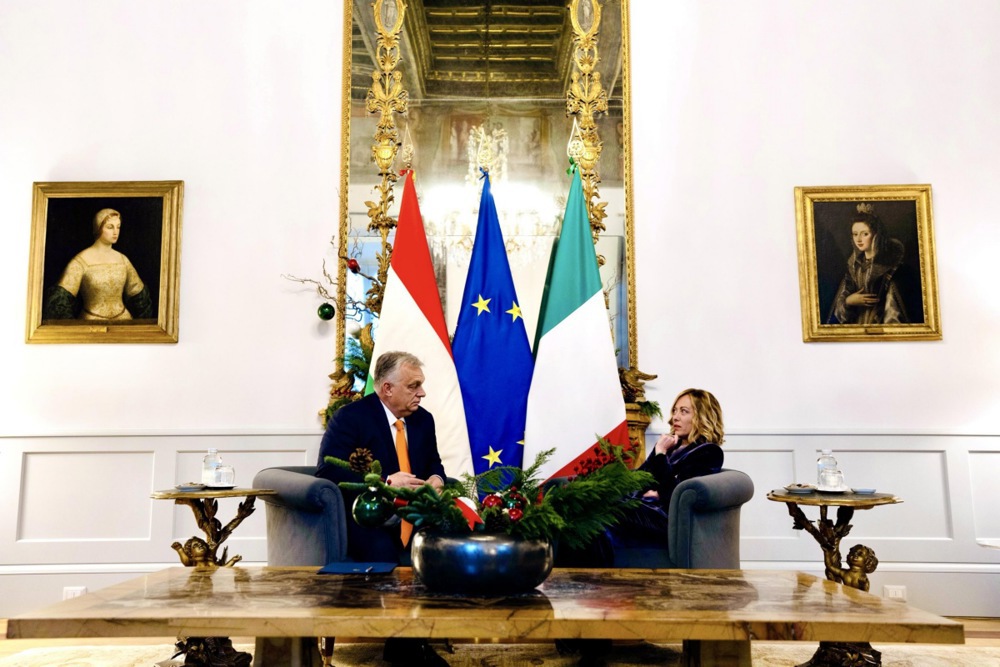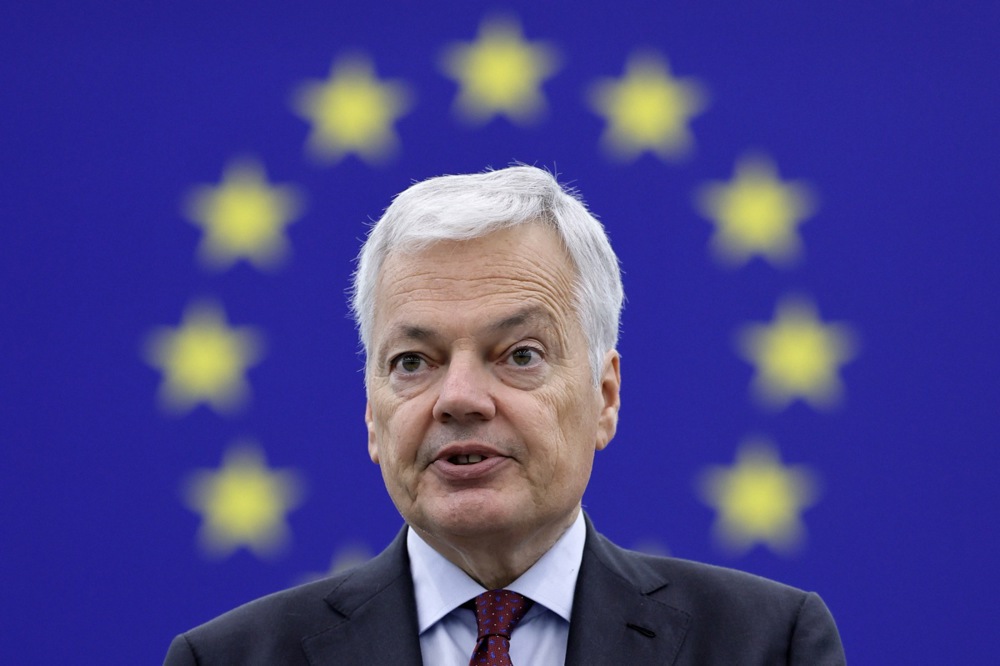Italy’s potential use of Elon Musk’s SpaceX’s Starlink satellite service for strategic communications has raised concerns among opposition figures over a possible risk to national security and the European satellite network.
Figures from the Democratic Party (PD), the Five Star Movement and Italia Viva have demanded explanations.
“I remember that in Italy there are still laws and no one has abolished Parliament. The government cannot hand over a billion and a half to a private individual without a tender or, in any case, public evidence,” said former Prime Minister Matteo Renzi on X.
Elly Schlein, Secretary General of the PD, the biggest opposition party, said that “The Italian Right’s race to kiss the feet of the world’s richest man would be getting ridiculous, were it not for the fact that national security, Italian citizens‘ money and sensitive data are at stake.”
“These are issues of the utmost importance: protection of our companies, protection of personal data, privacy, personal identity, cybersecurity,” stated Giuseppe Conte from M5S.
“We are simply in the investigative phase, which is why I don’t understand all the accusations that have been made. I’ll tell you more: I don’t even personally have clear ideas on this matter,” Meloni told a press conference on January 9.
“Is the problem with SpaceX, the fact that it’s a private company or the political ideas of Elon Musk?,” she added.
Italian and US media have reported on a possible deal between Italy and Elon Musk’s US telecommunications service Starlink for which Rome would apparently be willing to pay around €1.5 billion.
The Independent in the UK reported on January 9 that Italian Prime Minister Georgia Meloni had said her government was in talks with private companies, including Musk’s SpaceX, over the country’s telecoms security system.
She denied having discussed the issue privately with Musk, and it has been officially stated that no deal between the Italian Government and US tech billionaire Musk to use his SpaceX’s Starlink satellite system had been signed.
Despite that, Bloomberg reports and recent statements by Italian Defence Minister Guido Crosetto have signalled Italy’s interest in implementing the system for strategic government and military communications.
With a constellation of 6,874 satellites currently operational and plans to double that number in the coming years, Starlink offers internet coverage far superior to the European systems still under development.

In contrast, the European Union’s Iris project, conceived as a domestic alternative to ensure technological sovereignty, was said to be planning to deploy just 290 satellites by 2030 amid significant delays in implementation.
The close ties between Meloni and Musk were said to have been key in the negotiations progress. Furthermore, Meloni’s recent surprise visit to US President-elect Donald Trump at his Mar-a-Lago residence fuelled rumours about discussions regarding Starlink. Musk is a firm favourite of the incoming US leader.
The European Commission has adopted a cautious stance, saying Italy had the sovereign right to sign technological agreements, although a potential reliance on Starlink would likely undermine Europe’s telecoms autonomy strategy.
Italian Prime Minister Giorgia Meloni has boasted that she had a “beautiful” meeting with US President-elect Donald Trump. https://t.co/JrNwp95c8d
— Brussels Signal (@brusselssignal) January 6, 2025





Towards a new policy on Iran? Trump may force European leaders to rethink their stance